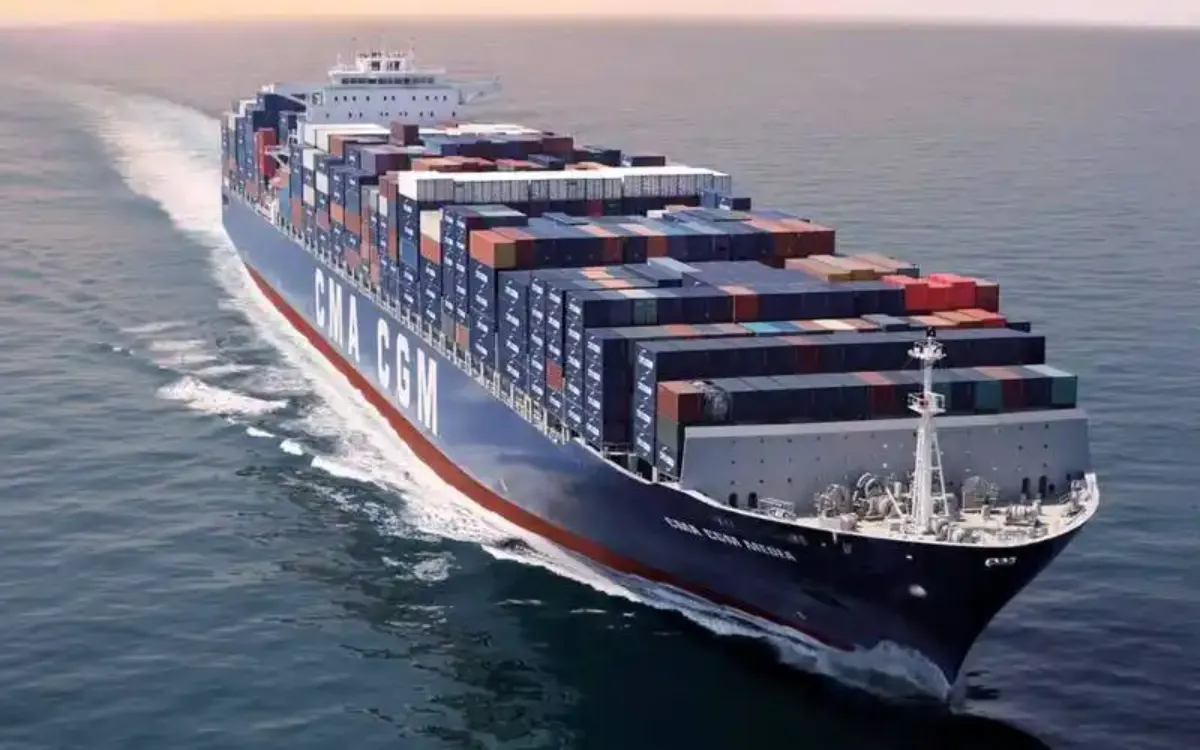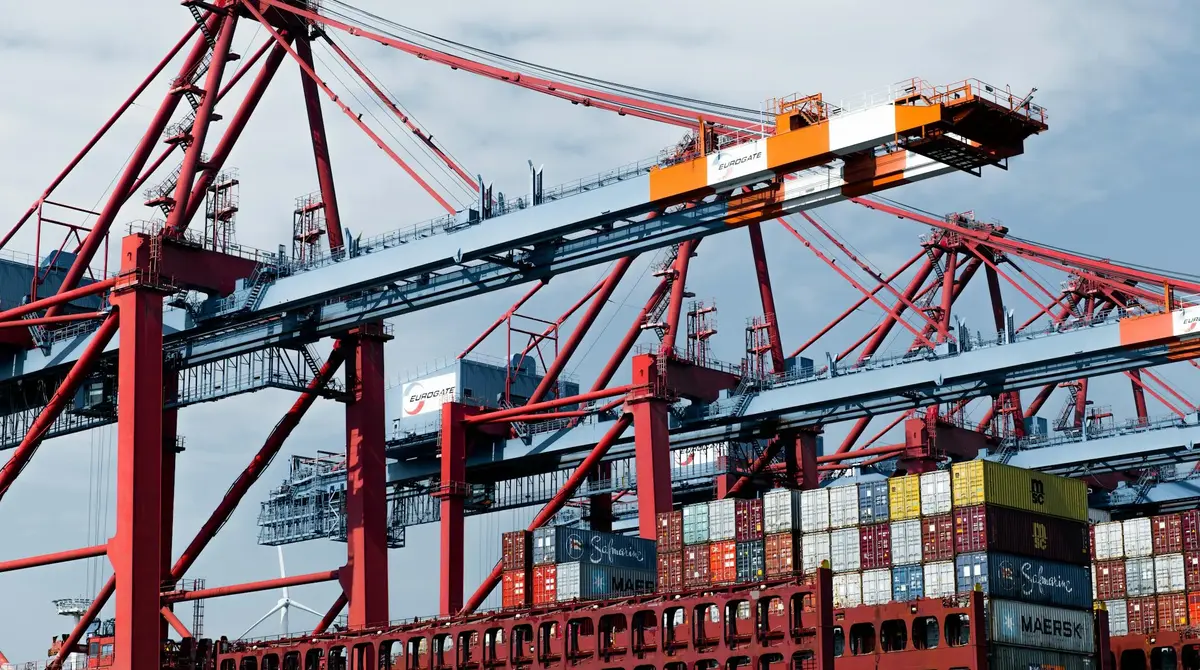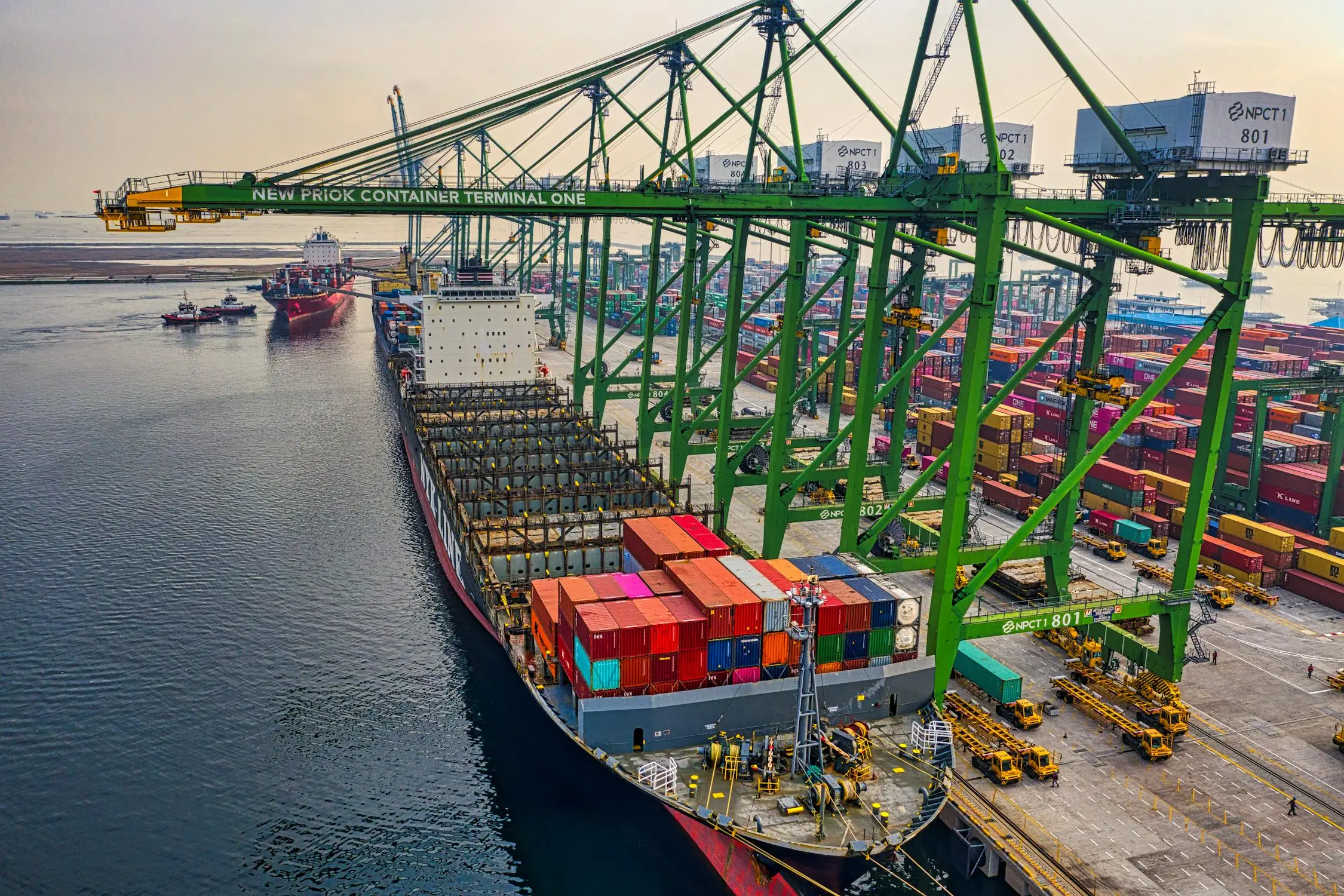
In the realm of international trade, choosing the right shipping method from China to the United States is crucial for businesses looking to optimize their supply chain. This comprehensive guide explores the various shipping options available, their pros and cons, and factors to consider when selecting the best method for your specific needs.
Overview of China-USA Trade
The trade relationship between China and the USA is one of the world's largest and most significant. Key aspects include:
China is the USA's largest source of imports
Major product categories include electronics, machinery, furniture, and textiles
Trade volumes fluctuate based on economic conditions and geopolitical factors
Shipping routes connect major Chinese ports like Shanghai and Shenzhen to US hubs such as Los Angeles and New York
Main Shipping Methods from China to USA
Importers have several options when shipping goods from China to the USA. Each method has its own characteristics, suitable for different types of cargo and business needs.
Ocean Freight
Ocean freight is the most common method for shipping goods from China to the USA, especially for large volumes of cargo.
Full Container Load (FCL)
Ideal for large shipments that can fill an entire container.
Cost-effective for large volumes
More secure as goods are not mixed with other shipments
Typical transit time: 14-30 days
Less than Container Load (LCL)
Suitable for smaller shipments that don't fill a full container.
More economical for smaller volumes
Goods are consolidated with other shipments
Slightly longer transit times due to consolidation and deconsolidation
Air Freight
Air freight is the fastest option for shipping from China to the USA, but also the most expensive.
Ideal for high-value, time-sensitive, or perishable goods
Typical transit time: 1-5 days
Higher cost per unit compared to ocean freight
Weight and size restrictions apply
Express Courier Services
Express services like DHL, FedEx, and UPS offer door-to-door delivery for smaller shipments.
Best for small, urgent shipments
Fastest delivery times, often 1-3 days
Highest cost per unit
Simplified customs clearance process
Rail Freight
While less common, rail freight is an emerging option for China-USA trade, typically involving sea transport for part of the journey.
Can be faster than traditional ocean freight
More environmentally friendly than air freight
Limited availability and specific routes
Suitable for certain types of cargo
Factors to Consider When Choosing a Shipping Method
Selecting the best shipping method depends on various factors:
Nature of Goods
Size and weight of shipment
Value of goods
Perishability or time-sensitivity
Special handling requirements
Urgency
Required delivery timeframe
Seasonal considerations
Production and inventory management needs
Cost Considerations
Budget constraints
Total landed cost including duties and taxes
Cost-benefit analysis of speed vs. price
Volume and Frequency of Shipments
Regular large shipments vs. occasional small orders
Possibility of consolidating shipments
Destination in the USA
Proximity to major ports or airports
Inland transportation requirements
Comparing Shipping Methods: Pros and Cons
| Method | Pros | Cons |
|---|---|---|
| Ocean Freight (FCL) |
|
|
| Ocean Freight (LCL) |
|
|
| Air Freight |
|
|
| Express Courier |
|
|
Customs and Regulatory Considerations
When shipping from China to the USA, navigating customs and regulatory requirements is crucial:
Proper documentation is essential, including commercial invoice, packing list, and bill of lading
Compliance with US Customs and Border Protection (CBP) regulations
Awareness of restricted or prohibited items
Understanding of tariffs and duties applicable to your goods
Consideration of free trade agreements and preferential trade status
Strategies for Optimizing China-USA Shipping
Consolidation Services
Combining multiple smaller shipments into one larger shipment can reduce costs and simplify logistics.
Freight Forwarders and Third-Party Logistics (3PL) Providers
Leveraging the expertise of professionals can help navigate complex shipping processes and potentially reduce costs.
Technology and Tracking Systems
Utilizing advanced tracking and management systems can improve visibility and control over shipments.
Strategic Timing
Planning shipments to avoid peak seasons can lead to better rates and reduced congestion.
Building Relationships with Carriers
Establishing long-term relationships with shipping lines can lead to better rates and service levels.
Emerging Trends in China-USA Shipping
E-commerce and Cross-Border Trade
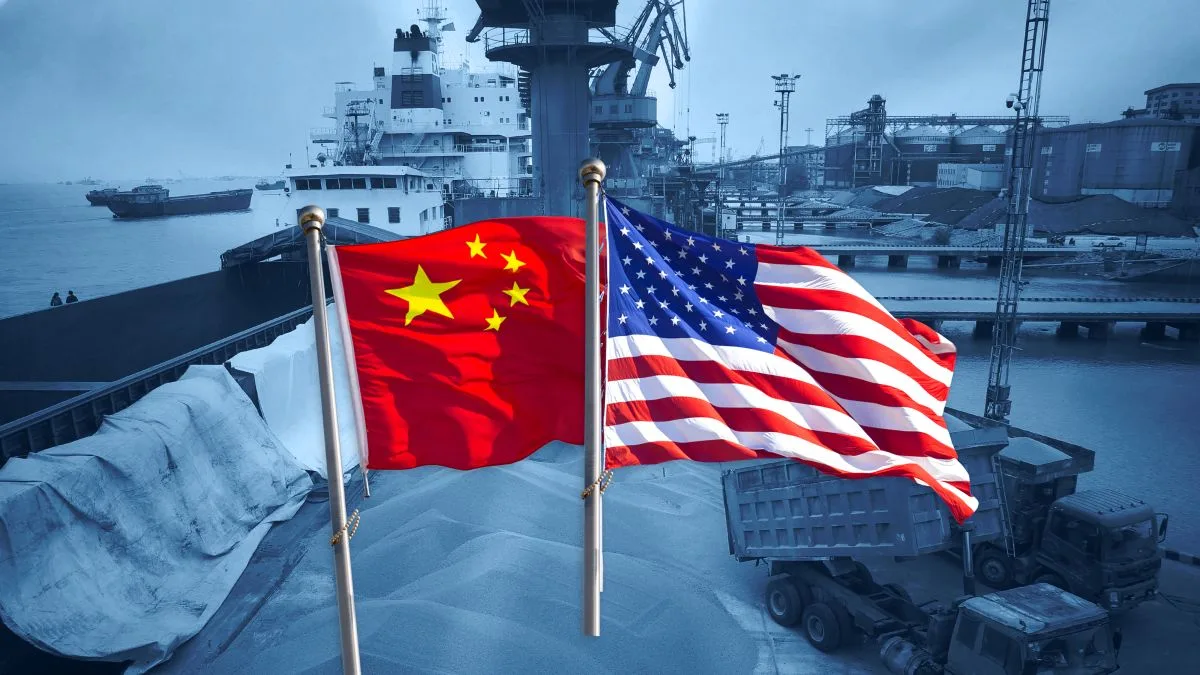
The growth of e-commerce is driving demand for faster, more flexible shipping options.
Green Shipping Initiatives
Increasing focus on reducing the environmental impact of shipping, including the use of alternative fuels and more efficient vessels.
Digital Transformation
Adoption of blockchain, AI, and IoT technologies to enhance efficiency and transparency in shipping.
Reshoring and Nearshoring
Shifts in global supply chains may impact traditional China-USA trade routes.
Case Studies: Successful Shipping Strategies
Case Study 1: Electronics Manufacturer
A large electronics manufacturer optimized its supply chain by using a mix of ocean and air freight, balancing cost and speed based on product type and demand forecasts.
Case Study 2: Fashion Retailer
A fast-fashion retailer implemented a just-in-time inventory system using express air freight for trend-sensitive items while relying on ocean freight for staple products.
Case Study 3: Industrial Equipment Supplier
An industrial equipment supplier utilized LCL ocean freight combined with a domestic distribution network to efficiently serve customers across the USA.
Future Outlook for China-USA Shipping
The future of shipping between China and the USA is likely to be shaped by several factors:
Technological advancements in shipping and logistics
Evolving trade policies and international relations
Increasing emphasis on sustainability and environmental concerns
Shifts in global manufacturing and sourcing patterns
Development of alternative trade routes, such as the Arctic shipping lanes
Conclusion: Choosing the Best Shipping Method
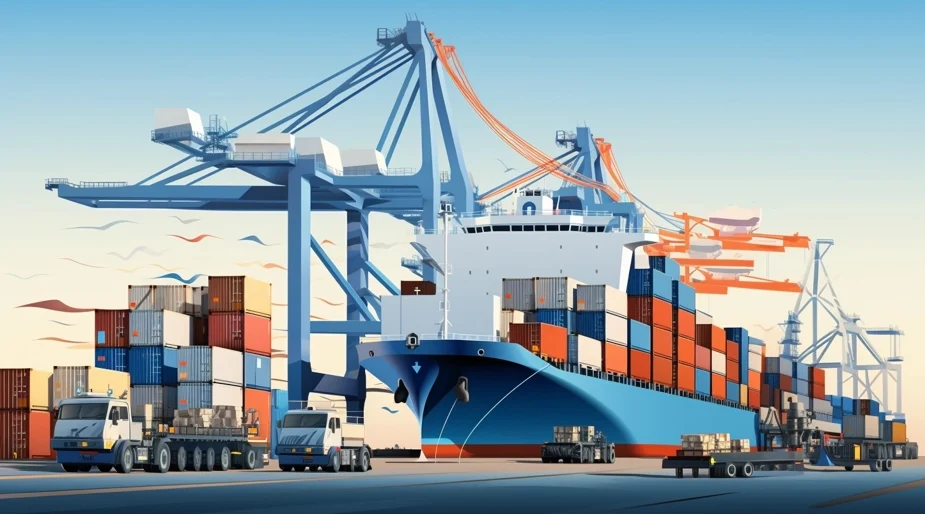
Selecting the best shipping method from China to the USA requires careful consideration of various factors including cost, speed, reliability, and the nature of the goods being shipped. While ocean freight remains the most popular option for bulk cargo and non-urgent shipments, air freight and express services play crucial roles for time-sensitive or high-value items.
The optimal choice often involves a combination of methods, tailored to specific business needs and market conditions. By understanding the pros and cons of each shipping method and staying informed about industry trends, importers can make strategic decisions to optimize their supply chains and maintain competitiveness in the global marketplace.
As the international trade landscape continues to evolve, flexibility and adaptability in shipping strategies will be key to success. Businesses that can effectively navigate the complexities of China-USA shipping will be well-positioned to thrive in the dynamic world of global commerce.
 Easy Shipping From Global, Save Cost
Easy Shipping From Global, Save Cost

